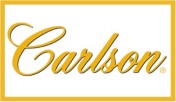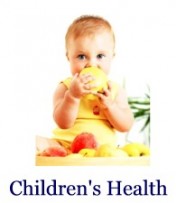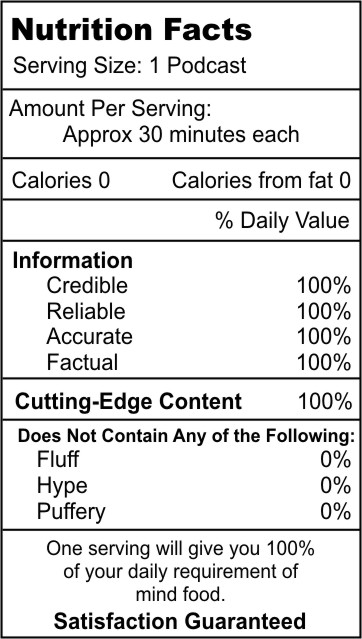Podcast: Play in new window | Download (Duration: 54:54 — 100.8MB)
DHA is the critical omega-3 during pregnancy and infancy!
 There does not seem to be much debate regarding DHA supplementation for pregnant and nursing mothers. And also for mothers in general and children. There is consensus around the world for the importance of this nutrient. The evidence suggests that DHA is one of the important pre and post natal nutrients.
There does not seem to be much debate regarding DHA supplementation for pregnant and nursing mothers. And also for mothers in general and children. There is consensus around the world for the importance of this nutrient. The evidence suggests that DHA is one of the important pre and post natal nutrients.
In this interview with Jolie Root, you will learn about some of the significant nutritional science that reveals the importance of DHA. After listening to this interview you will want to make sure that mothers to be, pregnant women and their babies get sufficient DHA. The long term benefits of starting early pays dividends that can influence health through a lifetime.
DHA in concentrated in the heart, eyes and brain. Developing fetuses obtain DHA from the mother through the placenta during pregnancy and as infants through breast milk when nursing. Mothers who are deficient in DHA cannot pass on enough to the baby and in fact will likely end up being deficient themselves, often with consequences to their health. DHA has been shown to contribute to better pregnancy outcomes. Lack of DHA has significant negative implications.
 Recent studies have shown that DHA is critical for infant brain development. Supplementation with maternal DHA has shown in some studies to improve infant development such as attention span, motor skills and eye-hand coordination. Recommendations for DHA supplementation ranges from 100 to 300 mg. additionally daily. There are numerous supplements available for both mothers and infants.
Recent studies have shown that DHA is critical for infant brain development. Supplementation with maternal DHA has shown in some studies to improve infant development such as attention span, motor skills and eye-hand coordination. Recommendations for DHA supplementation ranges from 100 to 300 mg. additionally daily. There are numerous supplements available for both mothers and infants.
This is another example of how the science of nutrition is benefiting children. We are now able to point to the science of infant nutrition to begin to understand the importance of certain nutrients pre and postnatally. In a previous interview with Jolie, we discussed the importance of probiotics for infants and children. The science suggests that early nutritional interventions can pay benefits over the long term.

Marine Sources of Omega-3
It is an important distinction to know that omega-3 from flaxseed and other vegetable sources is not DHA and does not replace DHA. Other omega-3 fatty acids have other benefits but don’t confuse them. The best sources for DHA are marine sources such as fish oil. Algae sourced DHA is considered the best vegetarian alternative. When choosing fish such as salmon as your source of DHA, choose wild salmon. Farm raised salmon are often fed grain such as corn which contribute to more omega-6 and less omega-3. Grass fed animals such as beef and chicken will contain more omega-3 than grain fed animals. The food you choose to eat does make a difference. It is not all about supplements.
Here is a quote from one of the 10,000 studies on DHA found at PubMed: Health benefits of docosahexaenoic acid (DHA) Pharmacol Res. 1999 Sep;40(3):211-25.
“Docosahexaenoic acid (DHA) is essential for the growth and functional development of the brain in infants. DHA is also required for maintenance of normal brain function in adults. The inclusion of plentiful DHA in the diet improves learning ability, whereas deficiencies of DHA are associated with deficits in learning. DHA is taken up by the brain in preference to other fatty acids. The turnover of DHA in the brain is very fast, more so than is  generally realized. The visual acuity of healthy, full-term, formula-fed infants is increased when their formula includes DHA. During the last 50 years, many infants have been fed formula diets lacking DHA and other omega-3 fatty acids. DHA deficiencies are associated with foetal alcohol syndrome, attention deficit hyperactivity disorder, cystic fibrosis, phenylketonuria, unipolar depression, aggressive hostility, and adrenoleukodystrophy.” End Excerpt. You should read the rest of this abstract, there’s more. It is an impressive distillation of the science of DHA. And this goes back to 1999. You would think more of us would know this by 2016.
generally realized. The visual acuity of healthy, full-term, formula-fed infants is increased when their formula includes DHA. During the last 50 years, many infants have been fed formula diets lacking DHA and other omega-3 fatty acids. DHA deficiencies are associated with foetal alcohol syndrome, attention deficit hyperactivity disorder, cystic fibrosis, phenylketonuria, unipolar depression, aggressive hostility, and adrenoleukodystrophy.” End Excerpt. You should read the rest of this abstract, there’s more. It is an impressive distillation of the science of DHA. And this goes back to 1999. You would think more of us would know this by 2016.
Supplements will assure that you are consuming beneficial amounts of important nutrients. The best sources of marine omega-3 include fish body oil, cod liver oil, krill oil, calamari oil, mussel oil and algae.
Mothers need to consider many other nutrients such as folate and calcium as well. A mother who is well nourished will do better than one who is not and will most often have better outcomes with healthier babies. Remember that babies are made from the molecules provided by the mother and her diet. Seek to eat well and supplement wisely.
About Jolie Root
Jolie is the Senior Nutritionist/Educator at Carlson Laboratories. She began as a natural products retailer who evolved into a career in education in the health sciences. She is a nutritionist and a nurse. She understands both the science and the practical application of good nutrition for health. Jolie hosts a weekly radio show called Food for Thought which is heard in New York, Florida and online.











{ 0 comments… add one now }